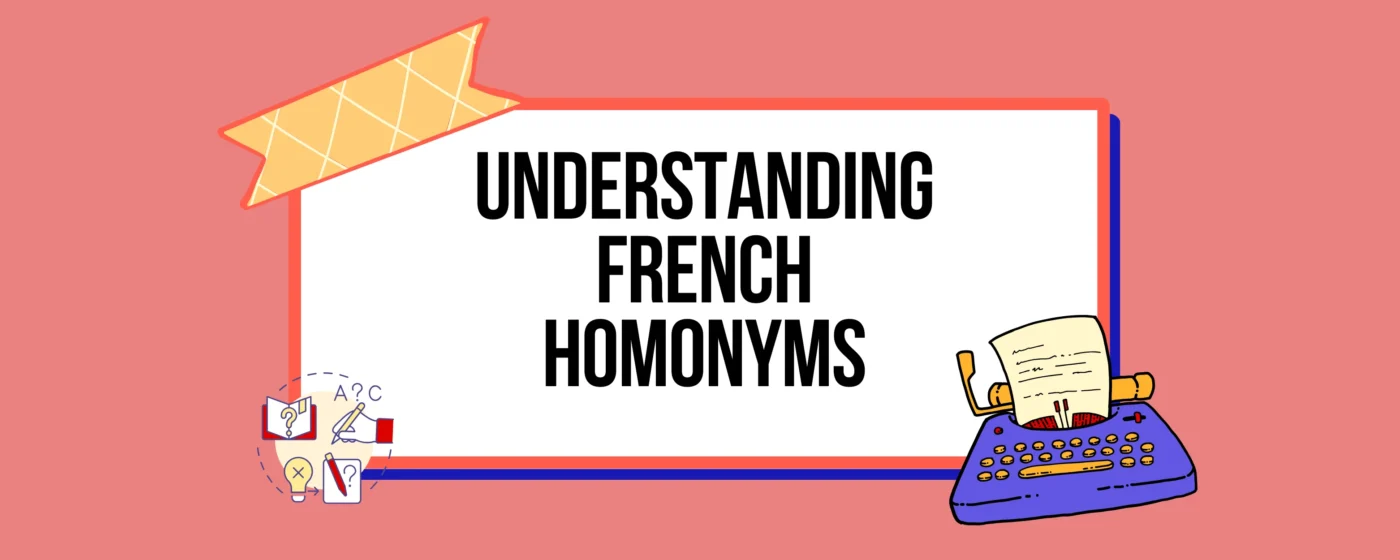Learning how to say goodbye in a foreign language is essential, especially if you’re planning to interact with native speakers. French offers a wide variety of farewells that you can use in different settings, whether formal, informal, or even emotional. Knowing how to use these correctly can make a big difference in your conversations and interactions with French speakers. In this article, we’ll cover some of the most useful ways to say goodbye in French that you can apply in real-life conversations. Get ready to sound like a true Francophone!
1. Au Revoir
Translation: Goodbye
Pronunciation: oh ruh-vwahr
Example: Merci pour la soirée, j’ai passé un bon moment, Au Revoir!
This is the most universally used way to say goodbye in French. It is suitable for most situations and is widely understood, regardless of the setting. You can use it with friends, family, or even strangers in a formal context. “Au revoir” is versatile and simple, making it an essential phrase to learn early on. The word “revoir” itself translates to “see again,” implying that you may meet the person again in the future.
2. Salut
Translation: Bye
Pronunciation: sah-loo
Example: On se voit demain ? D’accord, salut!
Salut works for informal situations. This phrase is ideal for saying goodbye to friends, colleagues, or family members, and can also be used to greet people when you arrive. Think of it as the French equivalent of “hi” and “bye.” Just remember that “Salut” is considered very casual, so avoid using it in formal settings like business meetings or professional environments.
3. A Bientot
Translation: See you soon
Pronunciation: ah byan-tot
Example: C’était un plaisir de te revoir, à bientôt!
À bientôt” is a friendly farewell that suggests you’ll see the person again in the near future, making it great for close friends, family members, or regular acquaintances. The phrase literally means “until soon,” and it has a warm, friendly tone that implies you’re looking forward to the next meeting.
4. Adieu
Translation: Farewell
Pronunciation: “ah-dyuh”
Example: Je pars pour un long voyage. Adieu, mon ami.”
“Au revoir,” “Adieu” is quite formal and has a more definitive meaning. It’s often used in cases where you may not see someone again or in very emotional farewells. In older times, “Adieu” was commonly used, but today it’s generally reserved for significant partings. The word itself means “to God,” suggesting a finality or blessing in the parting.
5. Bonne Journée
Translation: Have a good day
Pronunciation: bun joor-nay
Example: Merci pour ton aide, bonne journée !
Commonly used when departing from a store, restaurant, or casual encounter, “Bonne journée” conveys well wishes for the rest of the day. It’s polite and leaves the person with a positive message, similar to “have a nice day” in English. It can also be modified to suit different times of the day, such as “Bonne soirée” (have a good evening) or “Bonne nuit” (goodnight).
Stop Guessing, Start Speaking!
With our expert tutors, you’ll master the words you need to speak French confidently!
6. À Demain
Translation: See you tomorrow
Pronunciation: ah duh-muhn
Example: Je dois partir maintenant. À demain!
Perfect for situations where you know you’ll see the person again the next day, “À demain” is friendly and straightforward. It’s ideal for work colleagues, classmates, or family members you see daily. This phrase adds a sense of continuity to the conversation and signals that you’re parting for now but will reconnect soon.
7. À Plus (À Plus Tard)
Translation: Catch you later
Pronunciation: ah ploos tar
Example: Je vais faire quelques courses, à plus tard !
À Plus” is another informal way of saying goodbye, and it suggests that you’ll see the person again but doesn’t specify exactly when. This makes it versatile in informal contexts, and younger French speakers commonly use it. If you want to make it a bit more specific, you can say “À plus tard” which means “later.”
8. Ciao: Borrowed
Translation: Bye
Pronunciation: Chow
Example: C’était génial de te voir, ciao !
Though borrowed from Italian, “Ciao” is popular in French, especially among young people. It adds a casual and international flair to your goodbye and is often seen in informal settings. Despite its Italian origins, “Ciao” has been adopted and accepted by French speakers, especially in cities like Paris.
9. À Tout de Suite
Translation: See you in a bit
Pronunciation: ah too duh sweet
Example: Je vais chercher un café. À tout de suite !
À tout de suite” implies that you’ll see the person very soon, making it ideal for brief separations. It’s commonly used when someone is stepping out for a moment but will return quickly. This phrase adds a nice touch to encounters where you expect a short goodbye.
10. Bonsoir
Translation: Good evening
Pronunciation: bohn-swar
Example: Merci pour le dîner, bonsoir à tous !
Bonsoir” can be used as both a greeting and a farewell in the evening. Similar to how we say “Good evening” and “Goodnight” in English, “Bonsoir” adds a touch of formality and is suitable for most evening occasions. It’s polite and appropriate for both familiar and formal relationships.
Conclusion
Now that you’ve learned different ways to say goodbye in French, you’re equipped to make a positive impression in your interactions. Each phrase has a unique context, so try practising these in real conversations to build your confidence. Farewells may seem small, but they’re an important part of sounding natural in a new language. If you’re keen to master more of the French language, La Forêt French Class offers resources and lessons that go beyond simple phrases—explore everything French and improve your skills further!
Frequently Asked Questions
1. What is slang to say goodbye in French?
Ans: A popular slang way to say goodbye in French is “Tchao.” It’s borrowed from Italian and widely used among young people, especially in informal settings.
2. What are the ways to say goodbye in French?
Ans: Some common ways to say goodbye in French include “Au revoir,” “Salut,” “À bientôt,” “Bonne journée,” and “Adieu.” Each of these has a specific tone and context, so it’s useful to know when to use each one.
3. How do you say farewell in French?
Ans: To say a formal or emotional farewell in French, use “Adieu.” It carries a sense of finality, often implying you won’t see the person again for a long time.





